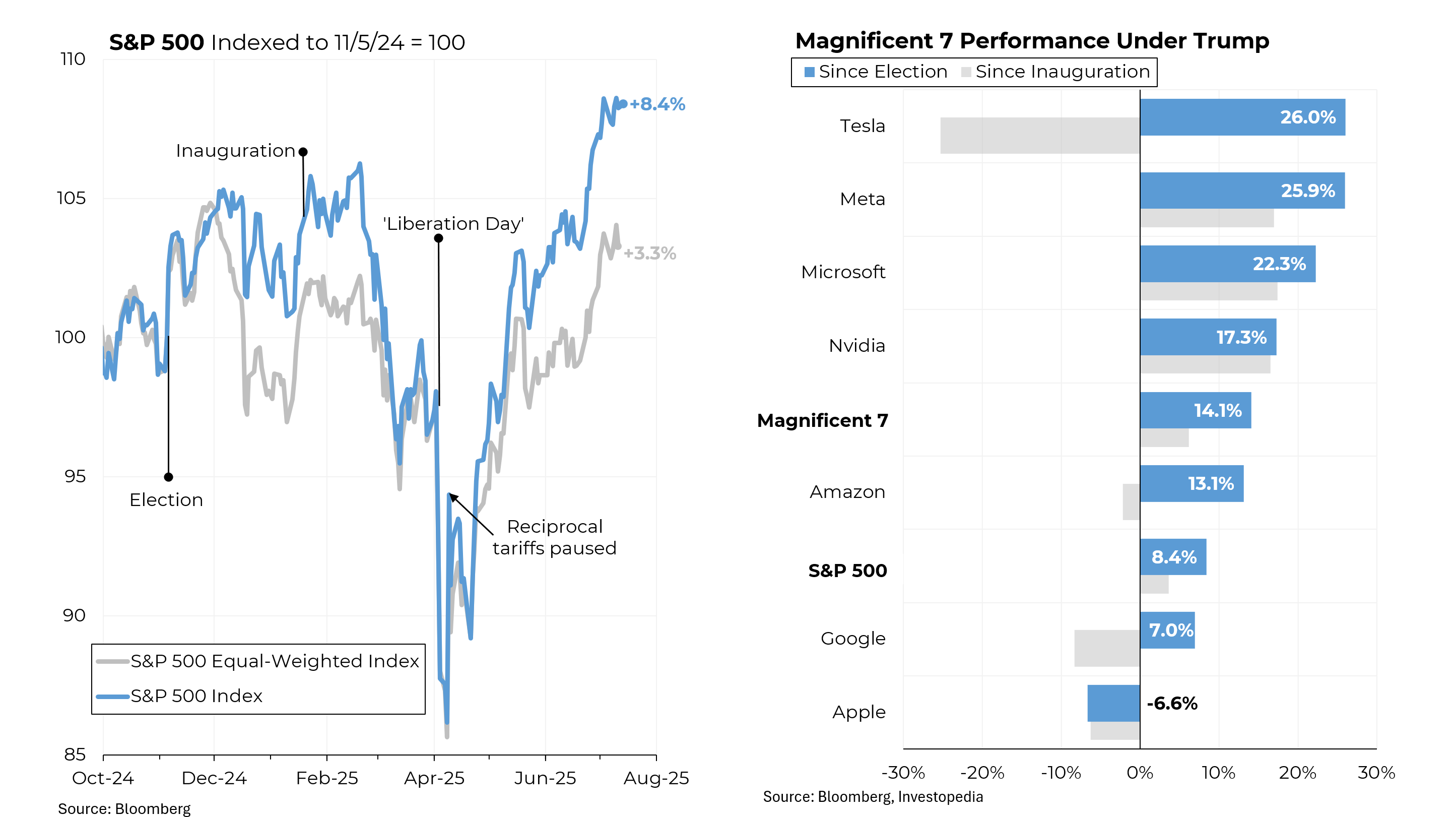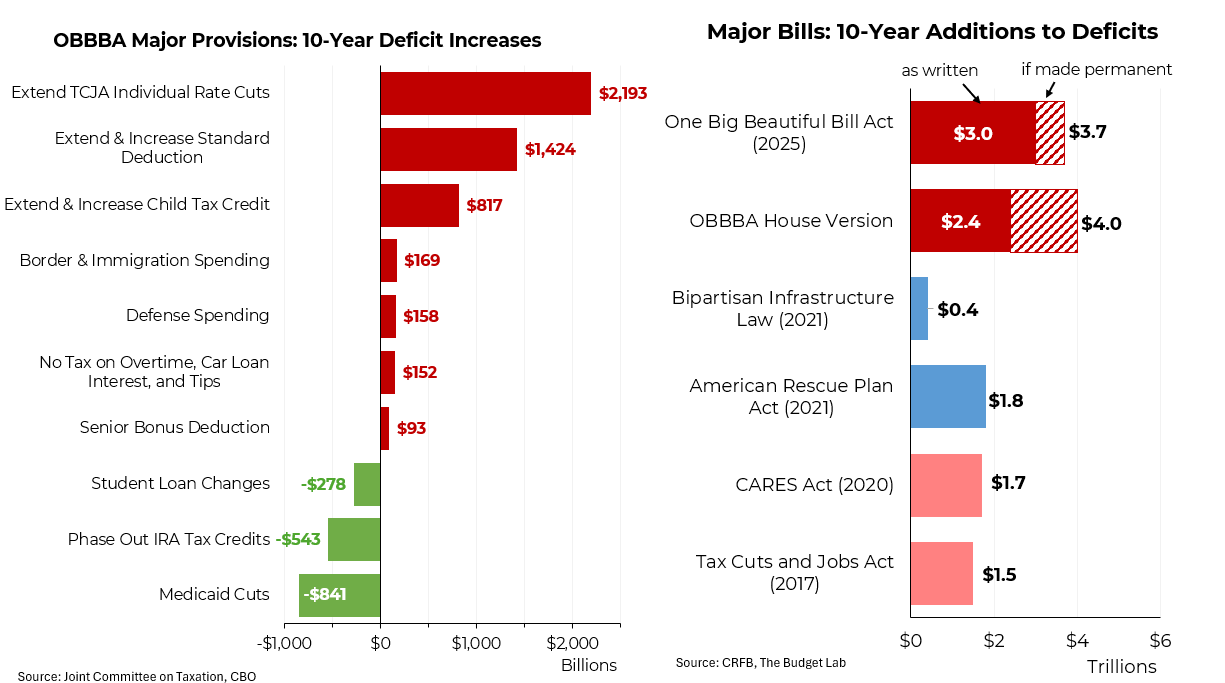To save American jobs, we need to save American businesses.
Originally published in the New York Times
Here we go again. With business activity having declined precipitously, bailouts of troubled companies are appropriately back on the table.
Distasteful as they may be, we need rescue plans urgently, for both small and large business, and we need to apply them prudently and wisely.
Having experienced the Great Recession as head of President Barack Obama’s auto industry task force, I saw firsthand the vast possible consequences of that meltdown. And I learned how private companies should be saved, whether you call them rescues or bailouts.
Until Sunday, Washington was moving with commendable alacrity, particularly on the all-important one-time payments to individual Americans. But then the two parties deadlocked amid partisan wrangling, imperiling the jobs of incalculable millions of Americans.
They need to work together to fix a bill whose business-related proposals on the table are inadequate, imperfectly conceived and sprinkled with special-interest provisions.
We’re facing an economic disaster that is, by almost any measure, potentially worse than the last one.
The 2008 economic cyclone was centered on the financial sector, housing and automobiles. In contrast, the impact of the coronavirus threatens to reach virtually corner of our economy, from the largest travel-related companies to the smallest restaurants.
Accordingly, we require action commensurate with the scale of the problem — and those measures must be as effective as the steps taken last time.
It will be expensive. To help those thousands of businesses and restart America’s economic machine, I believe we require much more than the $508 billion that the Senate majority leader, Mitch McConnell, initially proposed.
And we shouldn’t be favoring special interests, like the airlines. The bill contains $58 billion just for the airlines, while industries from manufacturing to hotels to energy have weighed in with requests nearing $3 trillion. Boeing alone is seeking $60 billion. Even the Tennessee Distillers Guild wants help.
Let’s insist on a level playing field. The government should approach allocating the capital as we did in 2009: lending to solvent companies on commercial terms and investing in insolvent ones deemed too important to fail in part by wiping out equity holders.
Yes, that may involve the distasteful prospect of temporary government ownership of some companies. We faced that problem with General Motors in 2009 and solved it by limiting government to a passive role and selling the government’s stock as quickly as possible.
As the 2008 legislation — the Troubled Asset Relief Program — did, the Senate bill delegates most of the responsibilities for its execution to the executive branch. Democrats feel, with justification, that the Trump administration could turn the money into the equivalent of a slush fund.
So we should consider alternatives, like creating a “special master” to oversee the fund or delegating substantial authority to the Federal Reserve, which announced on Monday a wave of lending programs aimed at businesses as well as financial markets.
Then there’s the question of “conditionality.” In rescuing the auto companies, we imposed few other conditions on the recipients. Under the current circumstances, some additional strictures would be appropriate.
Companies receiving help must agree to keep all workers on the payroll. Stock buybacks, dividend increases and pay raises for top executives should be banned until the loans are repaid. But we should stop short of other suggested requirements, like the proposal that air service to certain destinations not be interrupted.
We also need to keep the swamp from using a tragic crisis to grab goodies. For example, the draft legislation restores the ability of corporations to get tax refunds by applying current losses to past profits. That ability was eliminated in 2017 as part of an enormous corporate tax cut.
Now business wants this “loss carryback” — one of the few rules that was tightened — restored. That amounts to an outright gift to corporate America.
Small businesses present another set of equally urgent challenges. Without help, many of them will shut their doors, dismiss their employees and never reopen.
For these enterprises, even the $350 billion in aid included in the latest proposal falls grievously short. By presenting certified financial statements, any small business should be eligible to receive an interest-free loan equal to three months of payroll and fixed expenses, conditioned on maintaining its work force.
These loans would be structured so that if a business failed, the loan would be forgiven — effectively, it would become a grant.
The Senate bill would not require any repayment. That’s a mistake. Businesses that succeed — and we need a large majority of small businesses to succeed to achieve an economic recovery — should turn over to the government a percentage of their profits until the loan is extinguished.
Obviously, administering aid to any significant portion of our millions of small businesses would overwhelm a government bureaucracy. That’s why the program should operate through the financial system, paying banks a fee for serving as administrators.
We are essentially at a “break the glass” moment like the one that propelled Congress to act in October 2008. Congress needs to act now.





